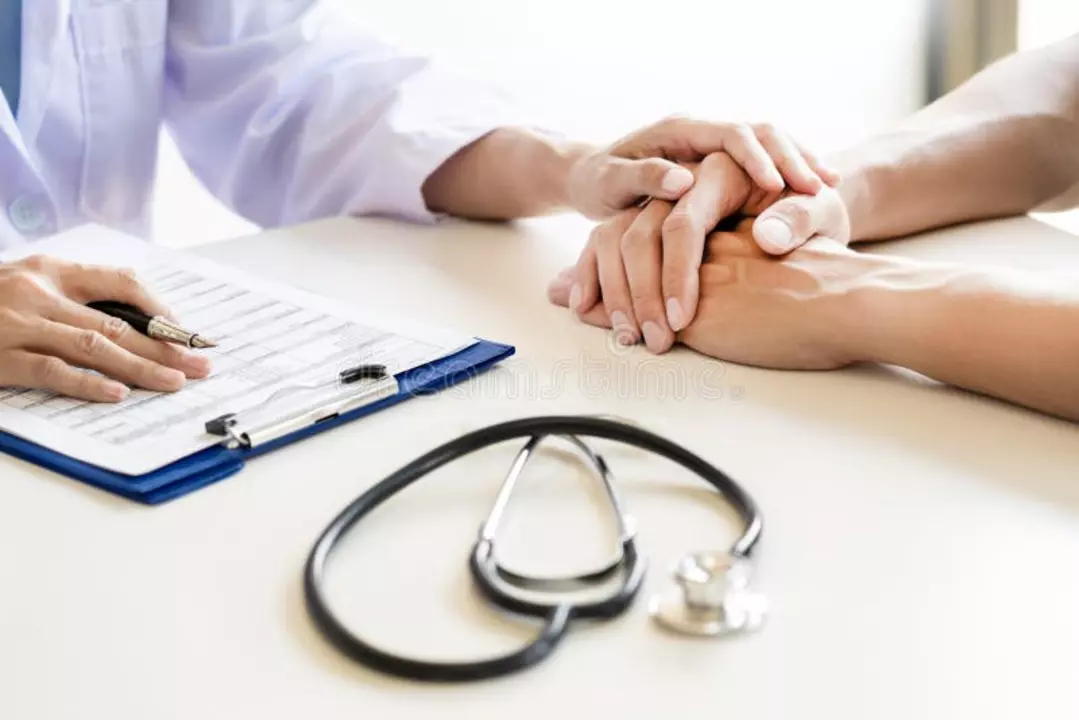Medical Responsibility: How to Stay Safe When Buying and Using Medication
If you’ve ever wondered whether you’re doing the right thing when you pick up a prescription or order pills online, you’re not alone. Medical responsibility isn’t just for doctors – it’s something every patient should own. Below are simple steps you can take today to protect yourself, avoid scams, and make sure your meds work the way they should.
Know Where You Buy
The first rule is obvious but easy to overlook: use a reputable pharmacy. Look for sites that require a prescription, show a valid license number, and have clear contact details. If a deal sounds too good to be true – like a huge discount on brand‑name drugs with no prescription – walk away. Many of our tag articles, such as the guide on buying Sinemet or Medrol online, break down exactly what red flags to watch for.
Read Labels and Side‑Effect Warnings
Even if you trust the source, the medication itself can cause trouble if you ignore the fine print. Always read the active ingredient, dosage instructions, and listed side effects before you start a new drug. For example, Plavix helps prevent clots but may increase bleeding risk; knowing that early can save you a trip to the ER.
When you’re unsure about an interaction – say you take a supplement like Chinese Mallow alongside a prescription – check reliable resources or ask a pharmacist. Our posts on supplements and thyroid health show how nutrients like iodine or selenium can affect medication efficacy, so you have concrete examples to follow.
Keep Track of What You Take
A simple spreadsheet or phone note can keep your medication list organized. Include the drug name, dose, timing, and any side effects you notice. This habit makes doctor visits smoother and helps you spot patterns, like occasional dizziness that could be linked to an allergy‑related vertigo trigger.
When you order online, save receipts and shipment confirmations. If a product arrives damaged or looks different from the description, report it right away – many reputable pharmacies have refund policies for such issues.
Ask Questions, Don’t Guess
Never assume you understand a drug just because you read a headline. Reach out to your pharmacist with specific questions: "Do I need to take this with food?" or "What should I do if I miss a dose?" The same goes for newer therapies like the latest inhaler alternatives to Symbicort – our articles compare them side by side so you can ask informed questions.
Remember, medical responsibility also means staying up‑to‑date. New guidelines appear regularly; what was standard in 2022 might have changed this year. Subscribing to reliable health newsletters or revisiting tag pages like "medical responsibility" keeps you in the loop.
When Things Go Wrong
If you experience a severe reaction – sudden rash, trouble breathing, extreme fatigue – treat it as an emergency and seek help immediately. Document what you took and when; this information speeds up medical response and helps doctors pinpoint the cause.
Finally, share your experiences with others. Writing a quick review of a pharmacy or posting about a side effect can warn fellow shoppers and improve overall safety.
Medical responsibility is about being proactive, not paranoid. By choosing trustworthy sources, reading labels carefully, tracking your meds, asking the right questions, and reacting quickly to problems, you protect yourself and make the most out of every prescription. Browse our tag articles for deeper dives into each topic – from safe online ordering tips to managing specific drug side effects – and stay in charge of your health journey.
As a society, we must address the ethical concerns surrounding sickness and healthcare provision. It's crucial to ensure that everyone has access to quality care, regardless of their income or social status. We need to consider the moral implications of healthcare policies that may lead to inequalities in treatment. Additionally, it's essential to recognize the rights and dignity of patients, as well as the responsibilities of healthcare providers. Ultimately, acknowledging and addressing these ethical issues is vital in creating a just and compassionate healthcare system for all.

